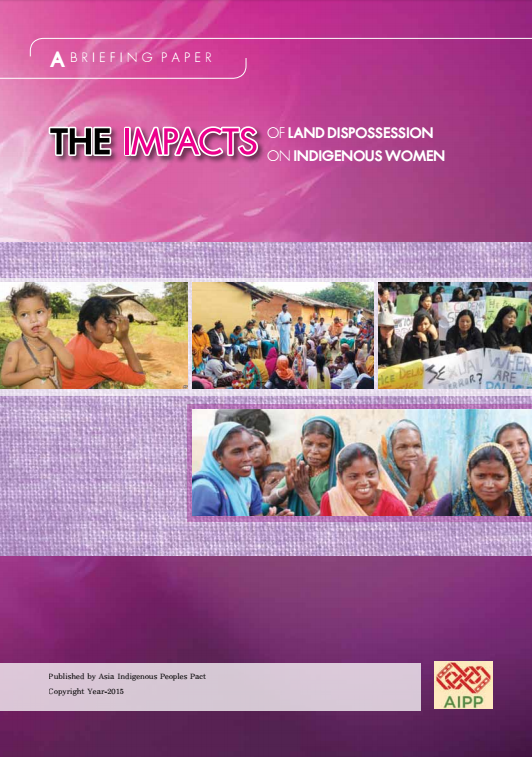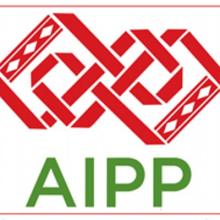Resource information
This briefing paper is an outcome of the project "Strengthening the Documentation and Advocacy Capacity of Indigenous Women for the Advancement of their Rights and Welfare on Land" implemented in Cambodia, India and Indonesia in 2013-2014. This project was designed to strengthen the capacity of indigenous women (IW) to better advocate for their rights in the context of land related issues and the recognition of their vital roles in their communities that contributes to sustainable resource management, food production and security, strengthening social cohesion among others through documentation and strategic advocacy activities with relevant State agencies. Among the proposed activities to strengthen the capacities of indigenous women was the conduct of trainings on human rights documentation and advocacy at the national/local levels, follow up training on data processing and advocacy with focus on available mechanisms at the national/local levels for women in general to engage in with particular focus to policy makers.
Indigenous women in Cambodia, Indonesia and India were targeted for this project because of massive land alienation and land concession projects are taking place in the name of development, which are adversely affecting many indigenous communities. Among the destructive projects that are being implemented in these countries are large-scale rubber and palm oil plantations and mining. These projects have led to systematic violations against the individual and collective rights of the affected communities such as forced relocation, threats and harassments against protesting indigenous peoples and loss of livelihood among others. Indigenous women have been working alongside their communities to defend their land and livelihood from destructive projects but have not been spared as they are also subjected to harassment, rape and sexual abuse.
There are opportunities in the said countries though for the protection and promotion of the rights of indigenous peoples in general and indigenous women in particular. Through the project activities, capacity of the indigenous women in the project areas have been enhanced. They have gained knowledge and skills, and confidence to document the situation of indigenous women to assert their rights. Moreover being in collaboration with the UN Women has opened up space for indigenous women to engage with the governments, intergovernmental bodies and processes, and other actors for the promotion and protection of their individual and collective rights.



